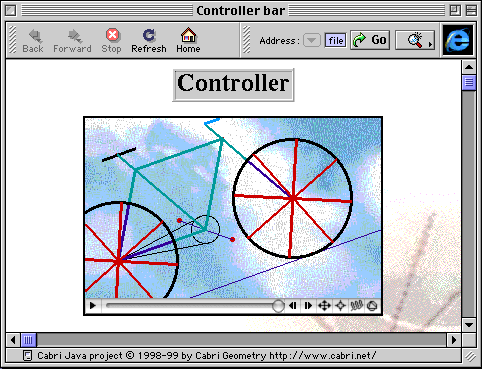|

|
- object language
defined by SUN
- published into
95
- intended for the origin for
the embedded devices (household, settop boxes,
cars...)
- platform independent
language
- adopted by the Web community
for secure and cross-platform way for code: applets
in the Web pages...
- principles of
Java
- concept of abstract machine
based on an intermediate code called
J-code
- on each platform a program
called " Java Virtual Machine " (JVM) interprets
and execute the J-code downloaded through the
network
- advantages of
Java
- cross-platform: soon even on
smart card!
- made safe: an inspector of
J-code makes sure that the Java programs respect
the limitations of security (not virus known to
date in Java)
- supported per many
navigators, even if the last versions of Java are
not always integrated...
|

